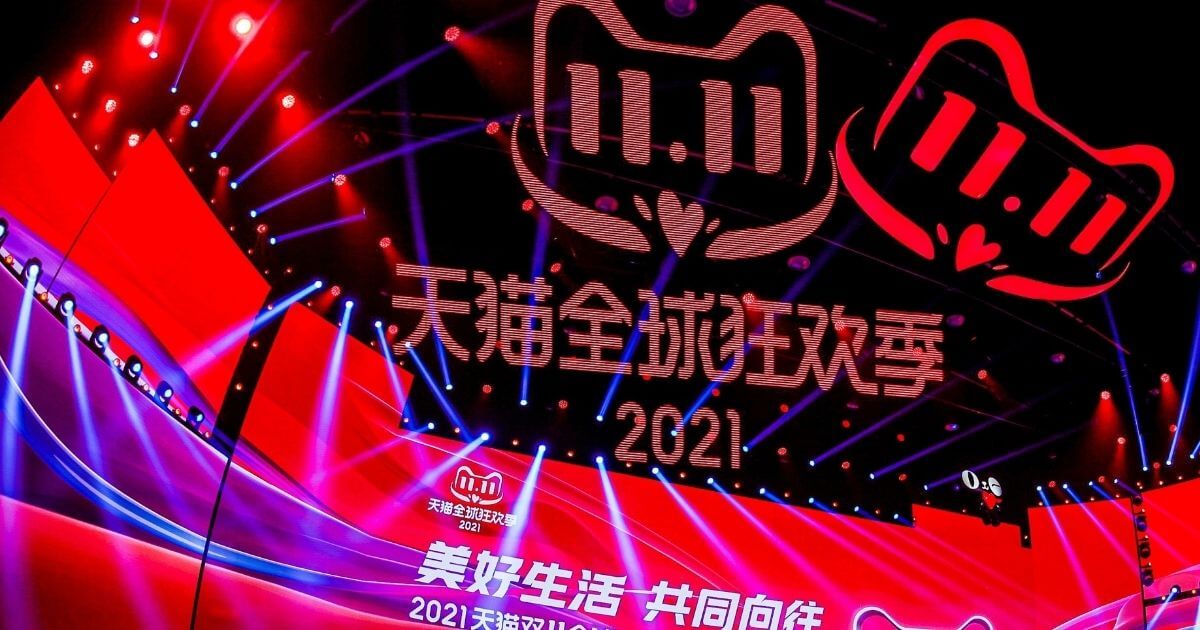
Singles Day – Big Numbers, But Changes are Evident
After years of hype and sales promotions as a central component Alibaba’s massive Singles Day promotion – “11.11 Global Shopping Festival” in company parlance – the annual sales event took a noticeably lower key turn this year.
That change may be at least partly responsible for Alibaba failing to register a double digit year-on-year sales increase (8.5% vs. 26% in 2020) in the period surrounding Singles Day for the first time since the tech company created the event 12 years ago. Alibaba’s platform sales reached $84.5B, while those of competitor JD.com hit $54.6B, a 28% increase from the year-ago period.
And other platforms have been making headway as livestreaming and social commerce platforms have gained share. More than 290,000 brands reportedly participated in Singles Day on Alibaba, looking for the best way to tap into a burgeoning consumer marketplace.
Exporting the concept
At the same time, though, Alibaba also is exporting Singles Day to other parts of the world to offset any slowdown in sales increases in China. AliExpress, its ecommerce platform for Europe and other markets, boosted subsidies to speed deliveries. JD.com also is planning international expansion.
There were other factors in play this year, such as Alibaba’s attempt to broaden its image from a company solely driven by sales to one that also has a social conscience, including making philanthropic donations and promoting environmentally-friendly products and suppliers.
Its Tmall app gave out so called green vouchers for discounts on energy-efficient and low-impact goods. The company is offering recycling of packaging at 60,000 pickup stations across China. And viewers of a three-hour livestream were encouraged to click “like” and help raise money for an elephant reserve in China’s rural southwest.
That softer approach to Singles Day also may have been a response to the Chinese government’s crackdown on technology companies.
After years of limited oversight, China’s central government has stepped up enforcing regulations designed to ensure the country’s technology industry competes fairly and contributes more to society. Earlier this year, Alibaba paid a $2.8 billion fine to settle antitrust allegations and agreed to change its business practices.
“Alibaba is trying to present themselves to be a tech company with social responsibility,” Shen Lu, a reporter at the technology website Protocol told the BBC. “They’re showing they’re complying with regulations and fitting into the general political atmosphere.”
On a practical level, there also were the shipping issues and materials shortages, well-documented globally, that hit China – some products purchased during Singles Day weren’t expected to be delivered for up to four weeks – as factories suffered periodic power outages and other production delays. Alibaba and JD.com sought to help merchants by stocking their warehouses and chartering flights for deliveries.
There’s also the question of whether some the sheen has worn off Singles Day just as it has for Black Friday in the U.S. and elsewhere. Live-streamed events are an everyday occurrence in China and may no longer hold the cachet they did when they were more limited to Singles Day.
And Alibaba may just be a victim of its own success. With an already large sales volume, said on China-based licensing executive, it’s “going to be hard to show growth.”

















